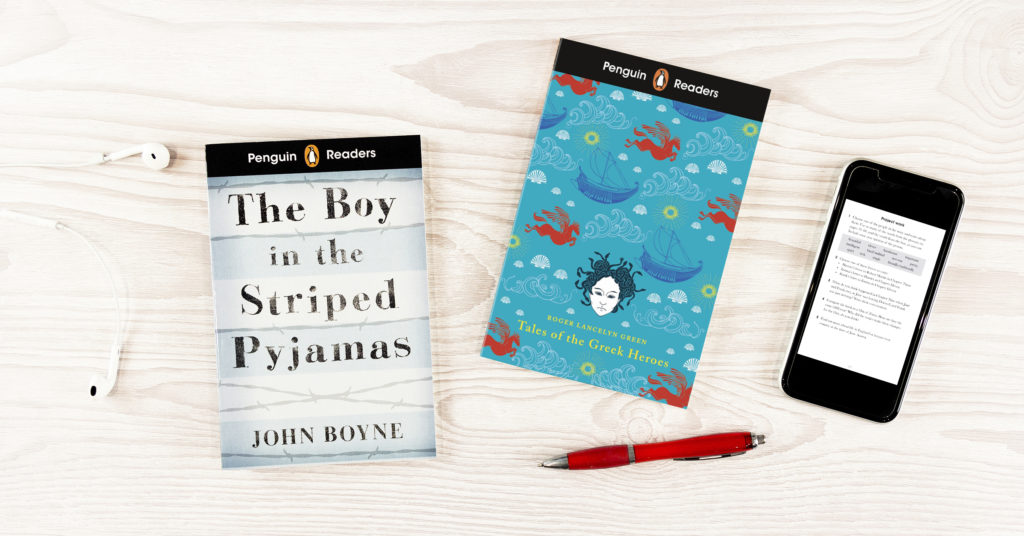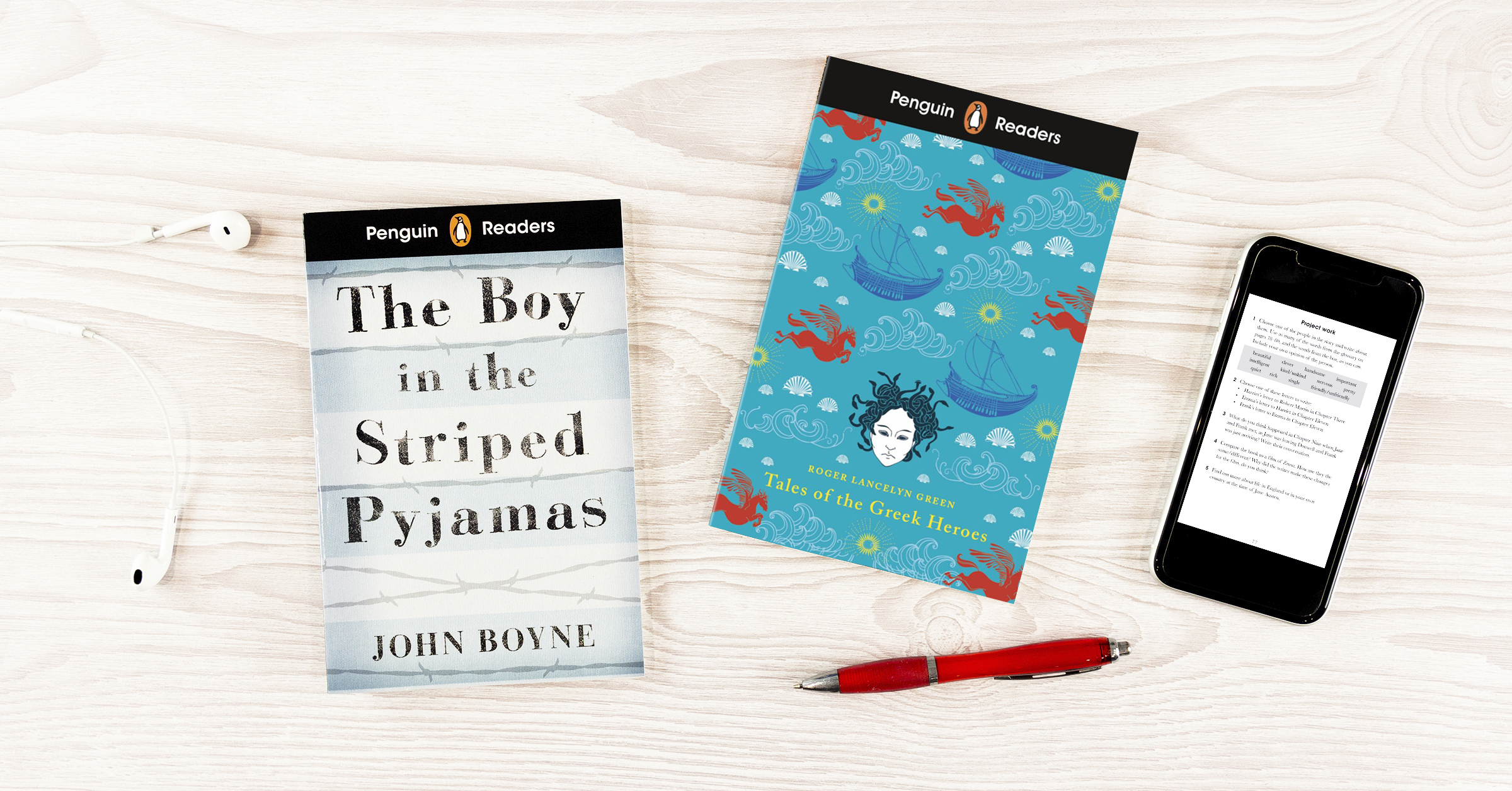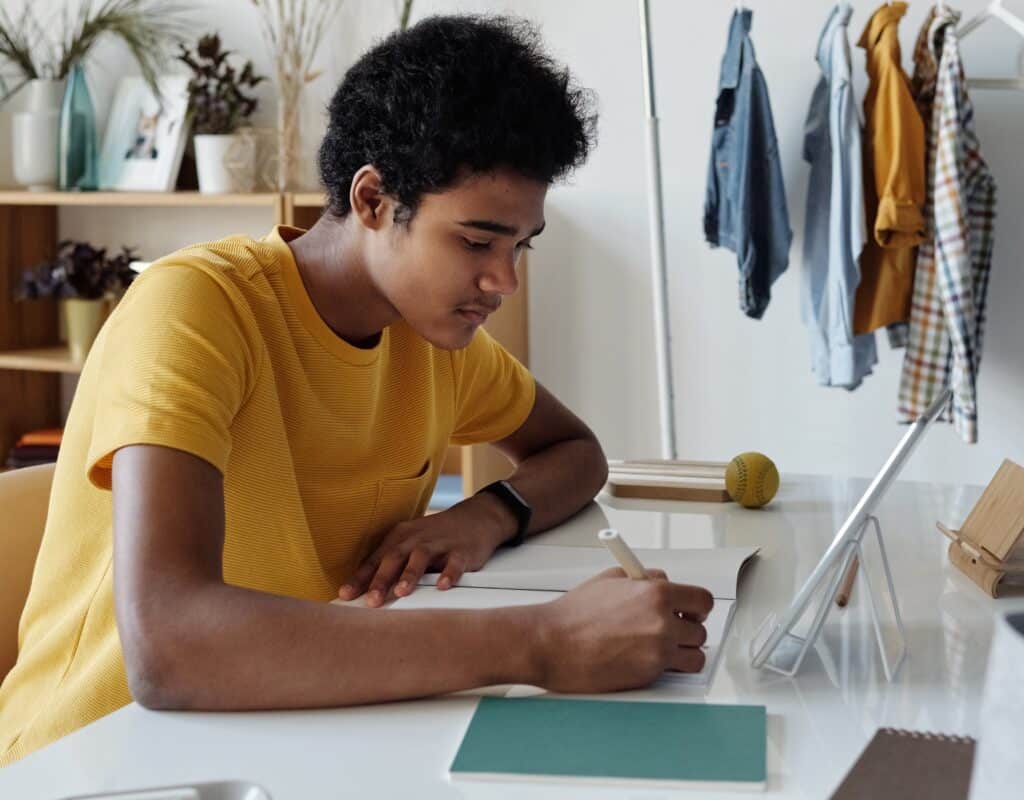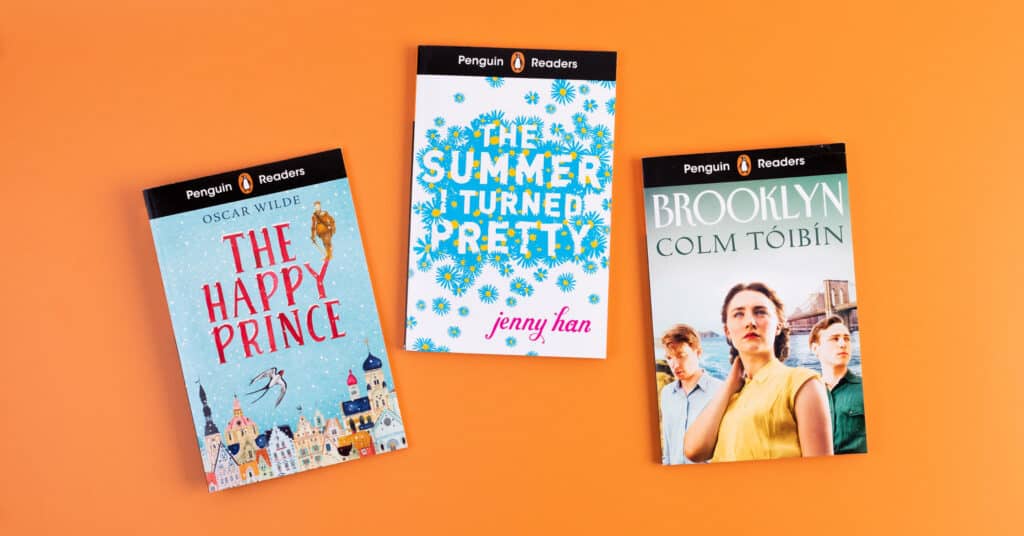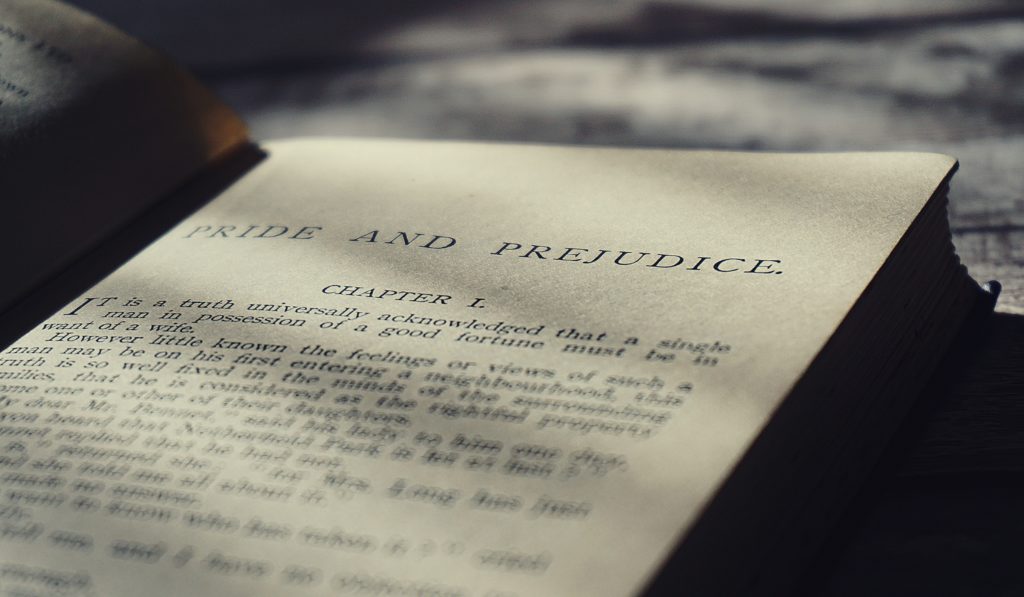Why Reading Historical Fiction Expands Your Horizons
Historical fiction offers us a lens to explore different periods throughout history. Blending both fact and fiction, the Penguin Readers series allows you to explore notable times while learning how words and phrases have changed, from the past to modern-day. We’ve pulled together some activities to get you started with this genre.
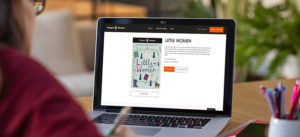
Why read historical fiction?
Historical fiction can help us understand more about how people lived in the past and how this relates to modern-day life. It can also:
- Provide an opportunity for further research into a particular time period.
- Allow critical thinking based on understanding and questioning – what is fact and what is fiction?
- Allow us to explore how language has changed over time.
- Widen our vocabulary.
Class activity suggestions
Activity 1
Once your class has read their chosen story, think about how life has changed over time. What are the main differences and are there any similarities? Note down any new vocabulary that is specific to the period in the story.
Activity 2
Historical fiction can provide a base for further research. Form a group with your classmates and practice your research skills to find out more about the time period and context of the story. Take notes, share opinions and evaluate which parts of the story are fact and which parts are fiction.
Activity 3
Focus on the language of contrasting and comparing. Compare how life is different today. Select some categories to focus on.
E.g.
- Social interactions between characters.
- Clothing.
- Transport.
Activity 4
Practice using different tenses. Refer to events in the book using past forms and compare those events to modern-day life. Take some time to focus on writing sentences about ‘then’ and ‘now’.
E.g. Victorian people travelled by horse and cart. Today we travel by car.
Activity 5
Focus on language. Evaluate how it evolves and changes. Look at the formality of language and think of modern equivalents for some of the phrases, language and expressions you’ve found in the book.
Self-study ideas
- Compare heroes from the book to modern-day heroes. How are their roles different?
- Focus on the main characteristics of the gods and goddesses. Can we compare them to anyone today?
- What lessons are the tales trying to teach us?
- Research the main heroes within the book. What other information can you find out about them? Build up a character profile for each of them.
The Boy in the Striped Pyjamas
- Use the blurb to think about friendship. The two boys became very good friends regardless of their very different life experiences. How does the friendship develop?
- Reflect on the historical information you have learned from reading the book. Present it in a poster presentation, and do some further research to fill in any gaps in your knowledge.
- Write your own short piece of historical fiction based on what you have understood from the book.
Historical fiction book review
Reflect on what you have understood from your historical fiction book by answering the questions below:
- What is the most interesting fact you have learned about the time period?
- Categorise events from the book into fact and fiction (you may need to do some further research to work this out).
- What sort of challenges did people face in this time period?
- Would you have liked to live in this particular time period? Why/why not?
- What lesson have you learned from the book?

